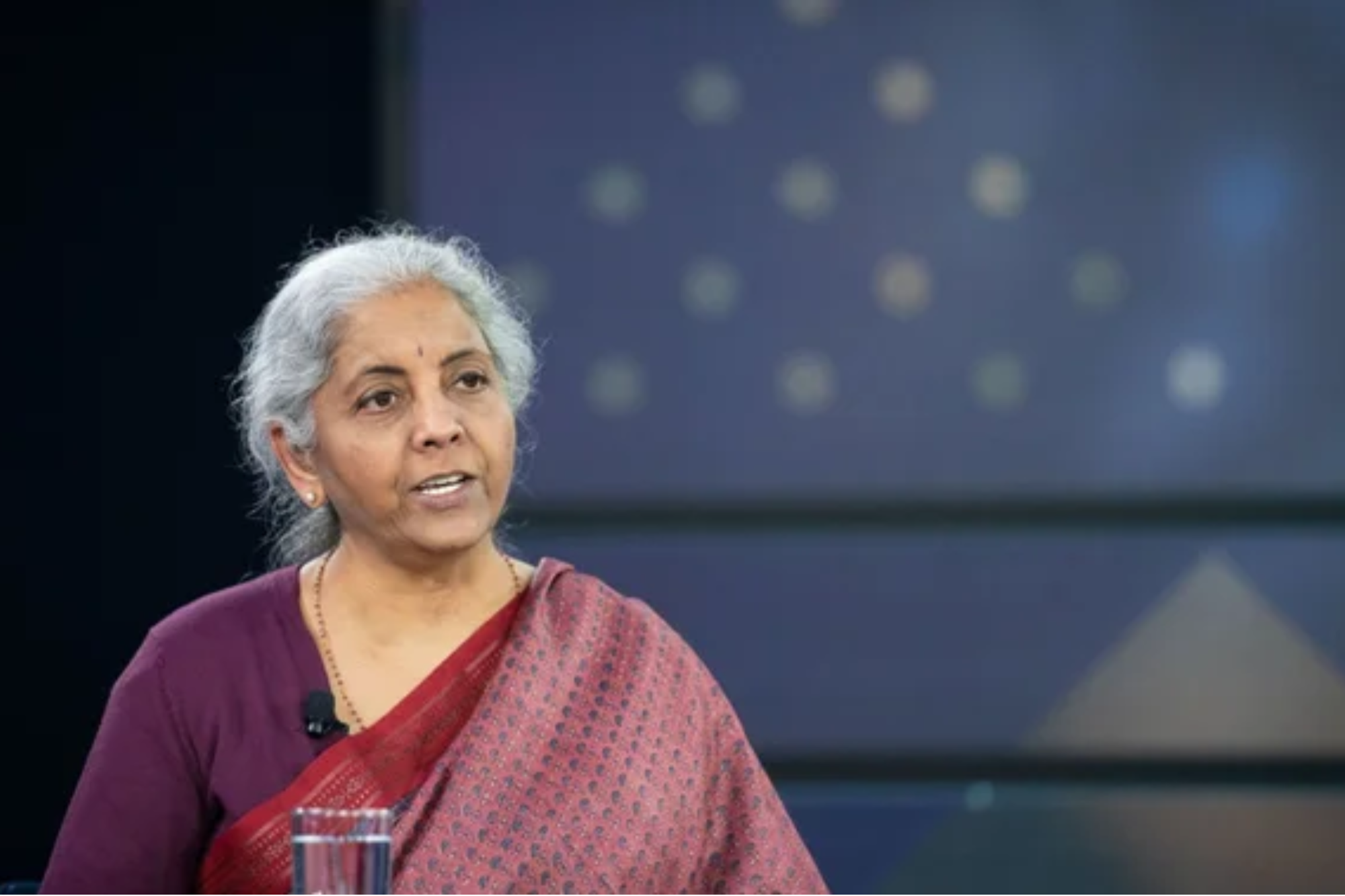Why Cash-Burning Companies Should Not Go for IPO Vikas Sarda, chief financial officer of Unitus Capital, believes public money is a different game altogether and should be availed only after attaining certain size
Opinions expressed by Entrepreneur contributors are their own.
You're reading Entrepreneur India, an international franchise of Entrepreneur Media.

Over the past few months, the debate around initial public offering (IPO) of start-ups has been intensifying. This is because iconic companies of the Silicon Valley that had established a benchmark for start-ups around the world failed to put up a convincing show with their IPOs. While cab aggregator Uber lost out big on the stock market, co-working company WeWork shelved its IPO a week ahead schedule.
Vikas Sarda, chief financial officer of Unitus Capital, says public money is a different game altogether. Start-ups are concentrated more on valuations than on becoming profitable. He says, "Most of the start-ups today are burning cash." This path which start-ups are resorting to is backfiring. He says, "When these cash burning companies go for IPO and bring in public money, it is a pure recipe for disaster."
So which companies should go public or plan IPO? Sarda answers, "Profit-making companies which have attained decent size. It makes more sense for them to go public."
HealthTech versus Fintech
According to a report by the Indian Brand Equity Foundation, India ranks third among the most attractive investment destinations for technology transactions in the world. In 2017, a thousand new companies incorporated themselves in India, the report said.
While technology is getting a lot of interest from investors and funds, how much funding are healthcare-related start-ups able to raise?
Sarda believes there is an explosion in the fintech sector. He says, "Market for fintech is huge in India and the growth is exponential in this space."
Sarda also believes that the Reserve Bank of India has laid down and altered certain rules and regulations which have provided fintech start-ups an enabling environment to progress and prosper.
In healthcare sector, some regulations are difficult to abide by, according to Sarda, who adds a healthcare device has to pass through so many approvals before cracking into the system.
Is healthcare sector risky? "People don't invest in healthcare because they don't want to take any chances." He adds that the gestation period to get returns is long in healthcare sector.
Sarda concludes by saying that edtech is gaining edge and will attract investors' interest in the coming time.











